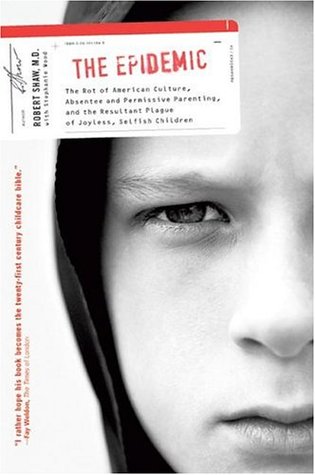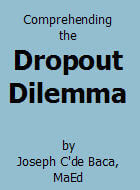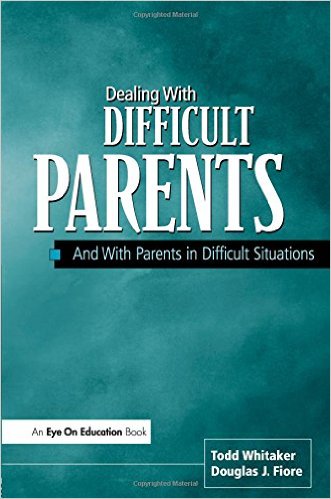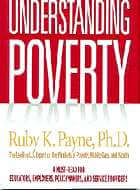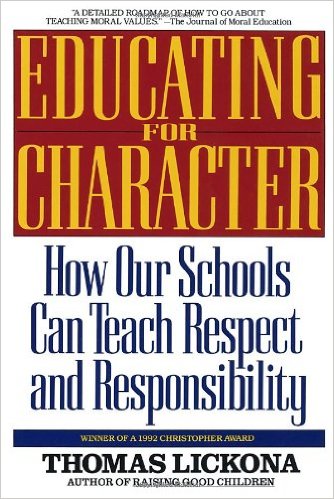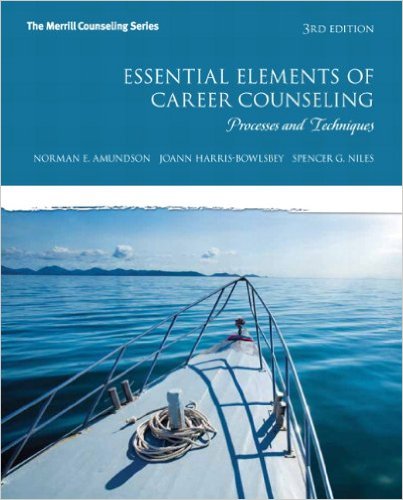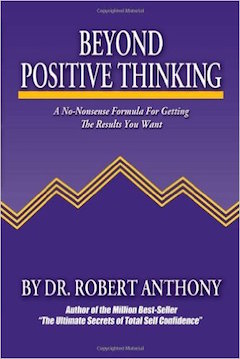“As an Assistant Principal in the beginning stages of implementing PLC’s I found the book to be a useful resource. I hope that my work reflects the valid real life experiences I was able utilize in my position.“
- 2 Credits -
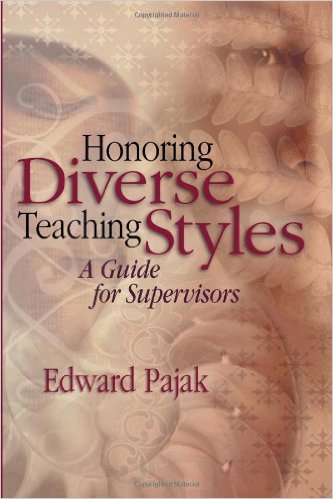
2 Semester Credits
(post-baccalaureate
PD credits for re-certification and
pay-lane increases)
- accredited nationwide
- start any time
- up to 5 months to complete
- independent study
- all course materials included with course tuition
- view FAQ
Course Description
This course assists educators in preparing for teacher evaluations in this era of increasing accountability. The four basic teaching styles: Knowing, Caring, Inventing, and Inspirational Teachers are explained. Respecting the unique gifts and styles that each teacher brings to the classroom is essential for objective evaluations. Educators will test themselves and learn about the positive or limits of each of the teaching styles. Teachers will study their districts Teacher Evaluation Policy Manual to prepare for their upcoming evaluation. They will develop an action plan utilizing the book content and evaluation manual to improve their instructional deliver and teaching methodology.



$325
2 Semester Graduate Credits
Item categoryleadership-influences-in-educationpage2 not found.Item ma-categoryleadership-influences-in-educationpage2 not found.Item categoryleadership-influences-in-educationpage22 not found.Item ma-categoryleadership-influences-in-educationpage22 not found.
Evaluating Teachers
- 2 Graduate Credits -



Course Objectives
- Educators will review the standard "Clinical Supervision" models historically developed by most school districts and how they are utilized in teacher evaluations.
- Teachers will test themselves and explore their preferred teaching style and then evaluate how they must also incorporate other teaching styles into their classroom.
- Educators will be presented with the characteristics of the Knowing, Inventing, Caring, and Inspiring teacher for a broader understanding of other teaching styles. Educators will learn about the characteristics of generational poverty and how the patters of behavior, problems and world views are passed to future generations.
- Supervising educators will examine their own preferences in light of objectivity when evaluating other teaching styles in order to strengthen instructional practices.
- Educators will examine their school districts teacher evaluation policy manual in order to develop an action plan to prepare for the teacher evaluation process.
Credit Hours
2 Semester Credits (post-baccalaureate professional development credit)
Course Instructor
Joseph C’de Baca MaEd.
Grade Type
University Transcript: Click Here For Details
Evaluating Teachers
What Others Are Saying About This Course
Giuseppe L. – NJ –
“This is the third course I’ve completed through your program and again I will be able to incorporate what I have learned in my everyday experience.“
TLC Testimonials

